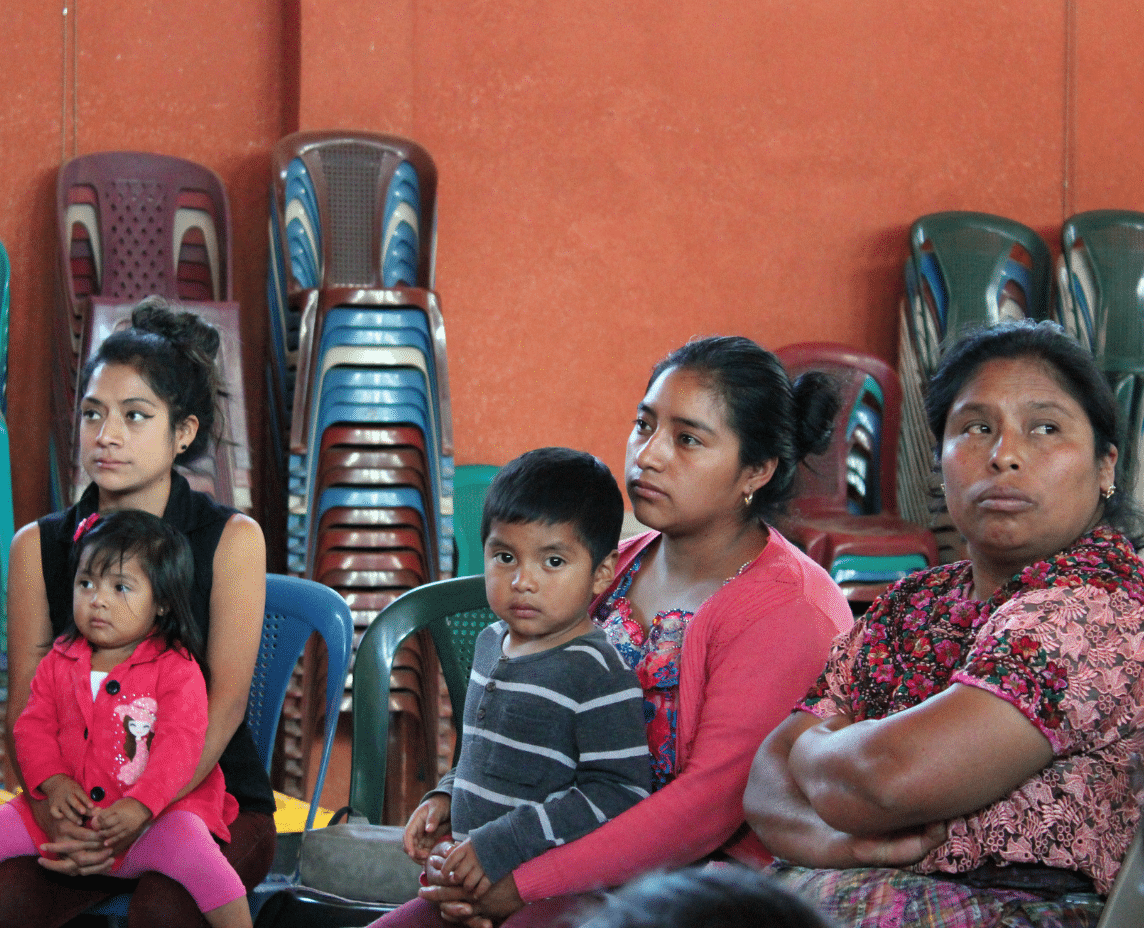New diseases, such as COVID-19, have implications for food security and nutrition, generating situations that reduce the ability to generate income and, consequently, to acquire adequate food. They also highlight the urgent need to integrate sustainability into all agricultural and food systems.
To try to respond, the project will offer training to the population in sustainable agricultural techniques for the diversification of crops with high commercial demand and nutritional value and the raising of laying birds, in addition to the start-up of farms and agricultural plots. The entire marketing process will also be strengthened to improve revenue. This will contribute to increasing the access and availability of nutritious, diverse and healthy foods. The creation of institutional arrangements is equally key to sustainability.
On the other hand, work will be done to strengthen capacities to improve the nutritional situation and cover all physiological needs, especially of the child population. All this, through training in health and nutrition and nutritional assistance, adapting family food diets to specific needs.
Another component of the project contemplates improving the capacities of the population to manage their natural resources in an environmentally sustainable manner. Practice-oriented training will promote the protection of water resources and biodiversity. Among others, the use of organic fertilizer will enrich the soil, the diversification of crops will maintain its fertility, weed control will be based on cultural methods of the population and an ethological control will be carried out to control pests. All this will contribute to guaranteeing food security in the face of seasonal crises such as those linked to climatic conditions.
Finally, work will be done to strengthen the organizational, coordination and participation capacities of the actors involved in the project. 6 Boards of Directors will be created that will contribute to an inclusive and participatory process of women and men in decision-making directly related to the community, assuming a role of responsibility. On the other hand, they will take part in the meetings with the local authorities, giving voice to the community through their representatives in the mechanisms of accountability, who watch over their interests and make other proposals on the identified needs.





